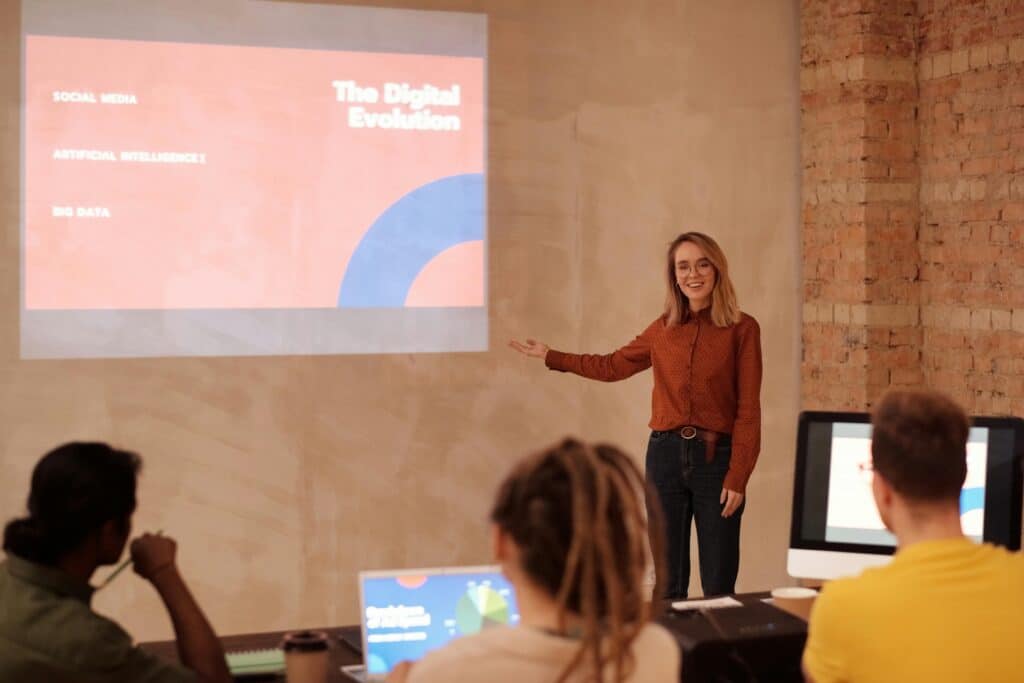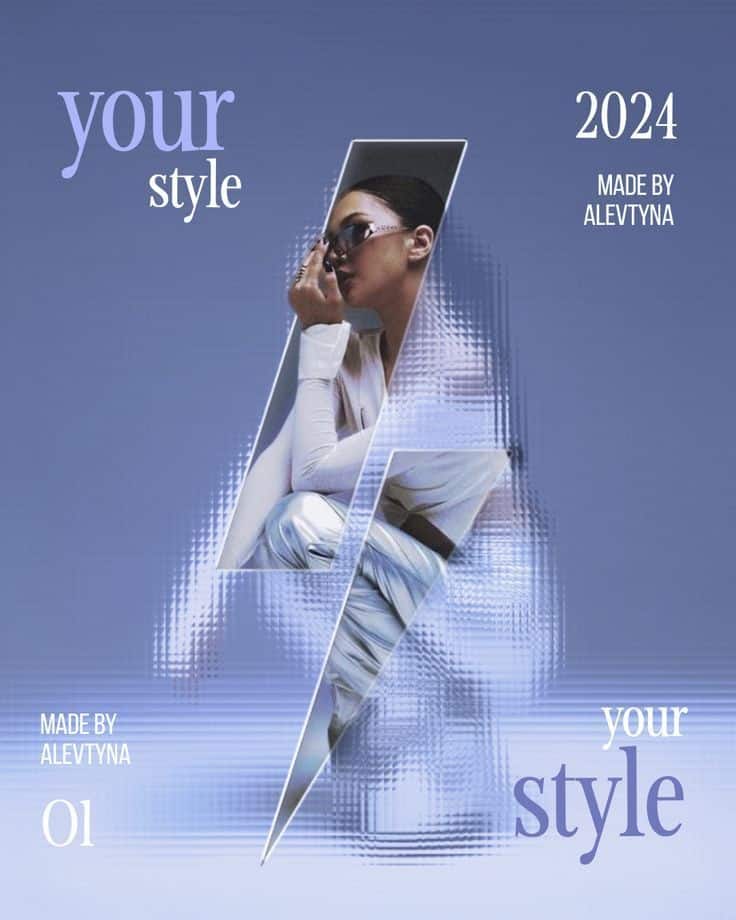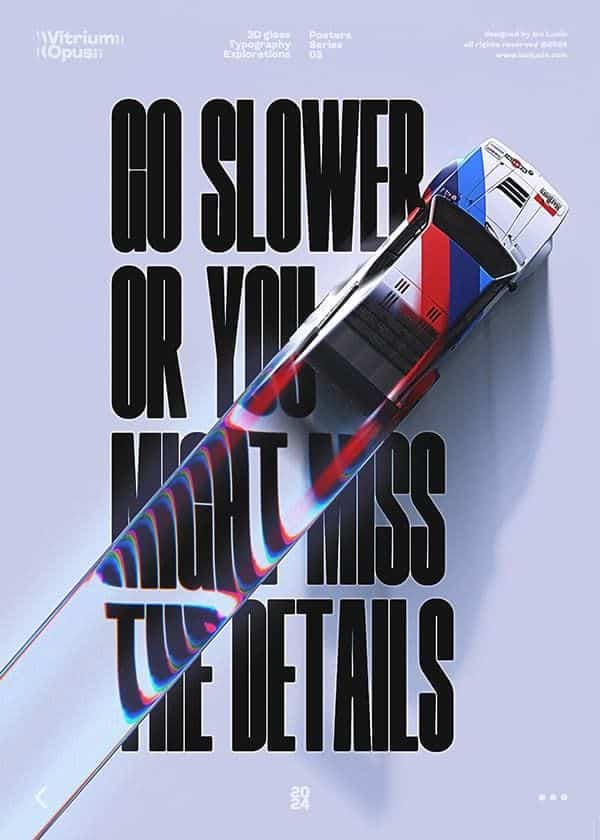In the visual era, where imagery matters more than speech, graphic design has gained enormous significance as a means of communication in nearly every business sector.
Great design is what catches the attention and engagement, be it the intriguing social media content or the strong brand identities complemented by outstanding web designs.

Moreover, with constant growth in the digital landscape, there will always be a need for digital creative professionals who can combine both aesthetics and strategy. That is where the graphic design certificate will come in, not simply as a credential but as a potent stepping stone.
It provides systematic education, practical work experience, and a well-rounded portfolio. These qualities are essential for employment, traditional freelance consulting, or building a career ascent in the creative field.
Want to know more about why you need a certification?
This article will discuss how the numerous benefits of a graphic design certificate can support your career, make you noticeable, and turn your visual interests into a success factor.
1. Structured Learning and Skill Development
One of the biggest advantages of earning a graphic design certificate is gaining access to structured, guided learning. Unlike self-paced tutorials that can feel confusing or overwhelming, certificate programs follow a well-planned curriculum that gradually builds your skills in a logical way.
In this context, you’ll cover key design concepts, including layout, color, typography, branding, and visual composition, while working on practical projects that simulate real-world scenarios.
They also teach most of these courses on industry-standard software, like the Adobe suite, so you’re working with the same technology that designers work with. This methodical, real-world training means not only will you learn how to design but also how to think like a designer.
Moreover, it is an excellent investment to complete a graphic design certificate from a reputable and well-established institute or online platform. It provides you with a sound foundation, self-confidence, and definite direction for your creative development.
2. Create a Professional Portfolio
Your golden ticket to a career in graphic design is a professional portfolio. That is because employers and clients need to see your problem-solving, creative range, and technical proficiency in action.
For this reason, certificate programs ask you to do course projects that simulate client requests, anything from logo design and brochures to web interfaces and social media graphics.
By the end of the program, you’ll have a solid portfolio that showcases your skills and demonstrates your unique design style. It is particularly valuable for career changers or new designers.
Some of the programs even provide useful projects or internships. As a result, you can add even more content to your portfolio and have the opportunity to gain experience in the design field.
3. Gain Industry-Specific Knowledge and Experience

Obtaining a certificate will directly expose you to practical field experience. It is possible as certificate courses are developed by professional designers and instructed by practitioners in the trade.
In other words, you will gain knowledge and experience about instruction on the latest trends, tools, and expectations used in actual creative settings.
Some companies even collaborate with agencies, design studios, or startups to provide students with collective experiences, where they work on live briefs or volunteer design projects. Such experiences can boost your confidence, make you a more effective team player, and improve your career prospects during the job search process.
4. Faster and More Affordable Than a Degree
One of the most appealing aspects of a certificate program is that it’s typically shorter and more cost-effective than a conventional four-year degree. Speaking of which, many certificate courses can be completed in a few months to a year, either full-time or part-time, in-person or online.
Such a short duration makes certificate programs a smart choice for:
- Career changers looking to pivot into design.
- Working professionals wanting to add design to their skill set.
- Recent graduates seeking to specialize without committing to a full degree
This way, not only do you save time and money, but you also gain focused, job-ready training that allows you to enter or advance in the field more quickly.
5. Increased Employability and Career Opportunities

As companies use more visual content to capture attention, talented graphic designers are in high demand across a variety of industries, including advertising, technology, publishing, education, healthcare, fashion, and more.
For this reason, a graphic design certificate assures employers that you possess the hands-on skills and dedication required for the position. It places you above candidates who might be self-taught or have limited experience.
That said, for junior roles such as junior designer, production artist, or marketing assistant, a certificate may be sufficient to secure a job opportunity. On the other hand, for current professionals, it might serve as a means to higher-level positions or freelance jobs.
6. Improved Earning Ability
Even though salaries differ by geographic location, experience, and profession, placing a certificate on your résumé can boost your earning ability.
For example, certified designers are typically eligible for higher-paying positions because they bring verifiable technical expertise along with an improved portfolio.
Aside from this, a certificate can also provide opportunities for freelance or remote job employment, where the pay is determined based on both professional qualifications and ability. Therefore, a well-trained designer will be trusted and employed by clients, which can lead to repeat business or referrals.
Furthermore, based on online job market sites, professional graphic designers with knowledgeable portfolios and specialized education (e.g., UI/UX or motion graphics) have much more substantial incomes compared to those who lack professional certification and formal education.
7. Boost in Self-confidence and Innovation

Learning in a mentored, supportive setting allows you to be confident to experiment, try new things, and take risks in your creative work.
Also, one-on-one mentoring and feedback from instructors can be extremely helpful and significantly enhance your design vision and critical thinking skills. In short, with skills, second to experience, comes added confidence to deliver ideas using your unique designs.
More importantly, not only do you learn more from your creative work, but you also become more assured in presenting work, arguing design decisions, and coping with constructive criticism. Such skills are critical to any creative profession.
8. Community Building and Networking


Certificate graphic design programs offer technical skills with an artistic professional network. In this regard, engagement with peers, professors, and professionals in your niche can result in meaningful contacts such as job referrals, freelance work, or collaborations.
Plus, participating in alumni groups, online discussion groups, or designing events helps you stay engaged with your professional associates. You can also market your work through exhibitions or online portfolios to gain exposure and establish long-term relationships in the design world.
Conclusion
Earning a graphic design certificate is more than just adding a line to your résumé—it’s an investment in your future as a creative professional. It provides you with benefits, such as structured learning, a professional portfolio, industry-specific experience, increased employability and more.
Therefore, invest in your passion and let your talent shape the visual stories of tomorrow.
- 874shares
- Facebook0
- Pinterest872
- Twitter2
- Reddit0



